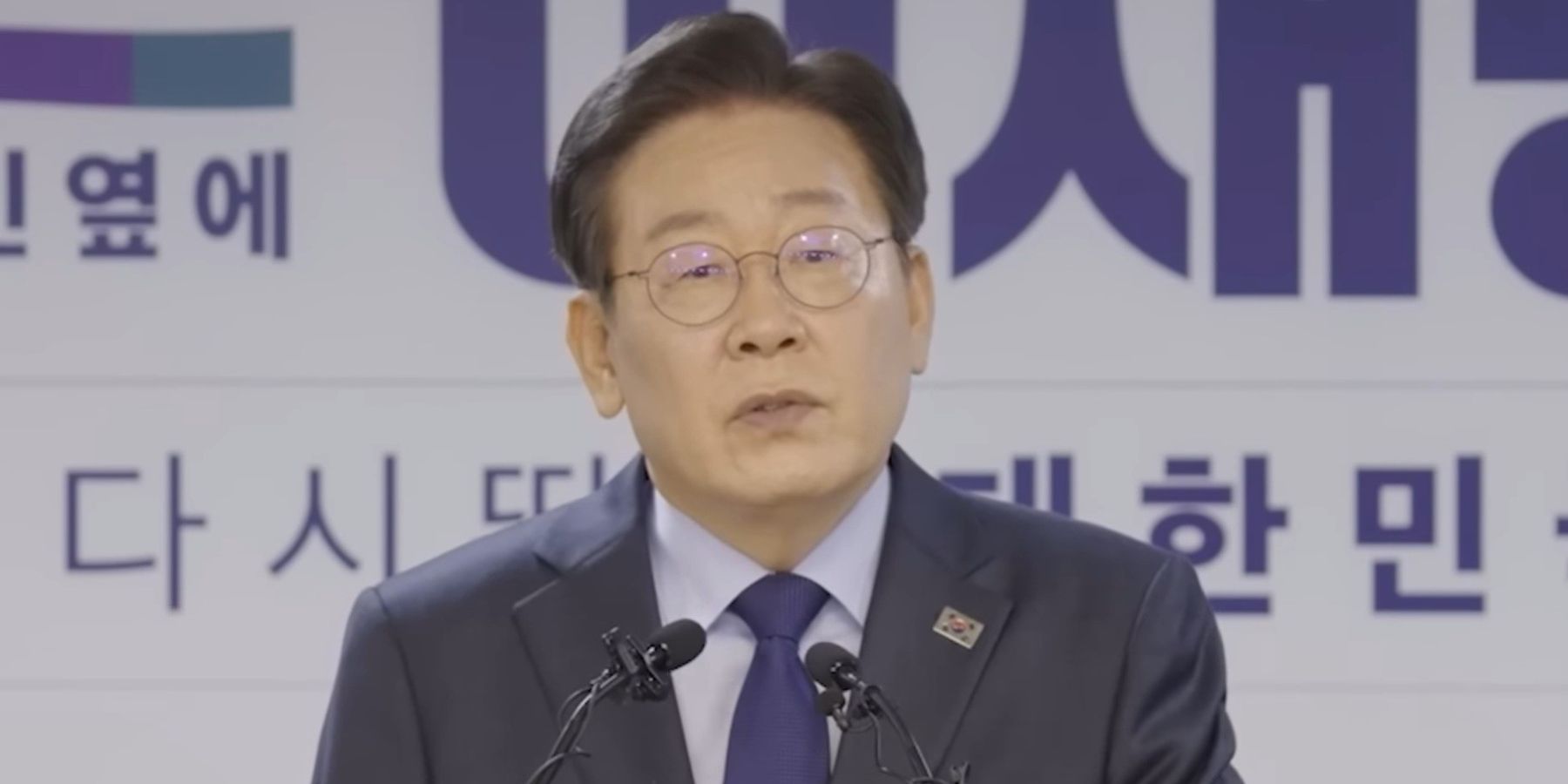Now that South Korea’s Constitutional Court has upheld the impeachment of President Yoon Suk-yeol, attention is now focused on the upcoming snap election to replace him, with the opposition Democratic Party leader, Lee Jae-myung, with a hefty lead in the polls.
A Lee victory would likely lead to major modifications in Seoul’s foreign policy and a possible convergence of interests with Donald Trump in defusing tensions with North Korea, if the U.S. president decides to resume his aborted courtship of Pyongyang’s leader, Kim Jong Un.
In any event, the Constitutional Court’s decision and the formal removal of Yoon Suk-yeol marks a return to normalcy after a period of uncertainty and drift in South Korea that was touched off by what the judges determined was Yoon’s unconstitutional declaration of martial law and deployment of troops to the National Assembly.
Yoon’s power grab, which was effectively undone when hundreds of thousands of citizens rallied to protect the parliament, also provoked a financial crisis. As foreign investors sold off nearly $1 billion in shares in the three days after the martial law declaration December 3, the South Korean won plummeted to its lowest value against the dollar since the 2008-09 global financial meltdown.
Meanwhile, South Korea’s foreign policy engagement has been virtually paralyzed. The leadership vacuum and limited diplomatic capacity constrained Seoul’s much-needed engagement with the new Trump administration to discuss key issues, such as regional security cooperation and addressing tensions over elevated U.S. tariffs. On the whole, the political crisis has kept South Korea out of the Trump administration’s priority list, as evidenced by Secretary of Defense Pete Hegseth’s skipping of South Korea during his recent trip to East Asia, which included visits to Japan and the Philippines.
What are the implications for the U.S.-South Korea alliance and regional geopolitics in East Asia in the case of Lee Jae-myung’s arrival as the next leader in Seoul?
Lee has made a full recovery after being stabbed in the neck by a man pretending to be a supporter at a campaign rally in January 2024. He has been a vocal critic of Yoon Suk-yeol’s so-called “values-based diplomacy,” which hinged on the idea of cooperating with democracies to confront autocracies. Instead, Lee has advocated foreign policy pragmatism. While supporting a close security alliance with the United States, Lee has also emphasized the need for proactive diplomacy with North Korea to reduce intensified military tensions on the Korean peninsula and to maintain cooperative relations with China and Russia. “I’m a realist,” said Lee in an interview with the Wall Street Journal.
There are apparent overlapping geopolitical interests between Trump and Lee that could allow both to work together — particularly on the issue of restarting nuclear talks with North Korea. Compared to Yoon, who was exceedingly hawkish toward North Korea, had minimal interest in diplomacy, and would have not reacted positively to Trump’s diplomatic overtures to Pyongyang, Lee likely will be a more suitable partner for Trump’s future diplomatic initiative with the North.
Lee has even appeared to empathize with Trump’s transactionalist style in some respects. “Trump would do anything to defend America’s own interests, even if that means having a tariff war with allies or engaging with an adversary to end the war in Ukraine,” he said. ”It’s something we should learn from.”
These apparent shared values between Lee and Trump could serve as a source of synergy if goals and interests align or a source of friction if goals and interests diverge. It remains to be seen whether the two sides will be able to manage potential differences and disagreements on issues such as tariffs, military cooperation against China, and the Taiwan issue.
While it is unclear how Trump himself believes the United States should be approaching China and Taiwan, he is surrounded by advisers who are keen to mobilize U.S. alliances in the Pacific to focus on deterring China and are also eager to reorient the operational priority of U.S. regional forces around a Taiwan contingency.
If Trump ends up going in that direction, Washington might see the Taiwan issue becoming a major tension point with a future Lee administration, as Lee would want to prioritize deterring North Korea and distance South Korea from the Taiwan issue. “Why should South Korea meddle with confrontation between China and Taiwan?” Lee once asked, adding, “let them handle their own business.”
As South Korea is set to fill its leadership vacuum in two months, Washington would be well-advised to explore potential areas of agreement and disagreement, and map out a roadmap to maximize cooperation and overcome differences.
















